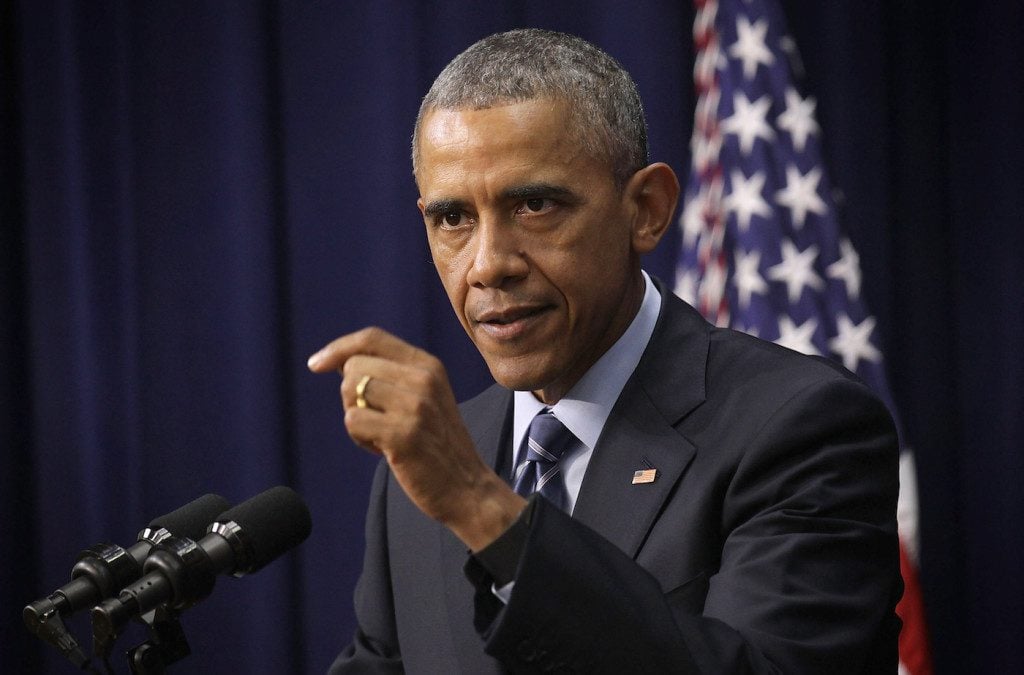
Earlier this month, Nick Cave paid tribute to his longtime friend, The Pogues’ Shane MacGowan, by performing a cover of “A Rainy Night in Soho” at MacGowan’s funeral. Now, Cave has honored the late Irish songwriter again by penning an obituary for The Guardian, published on Thursday, December 21st.
After explaining how he and MacGowan first met — a “summit” organized by NME to bring the two writers, plus The Fall’s Mark E. Smith, together — Cave touched on the early days of the two’s friendship. “I was excited [to meet him] because I was a fan, completely in awe of Shane’s songwriting,” he wrote. “Unfortunately, it was my first day out of rehab, and it probably wasn’t the greatest idea to spend the day with two people who were not known for their moderation… Not the most auspicious start to a friendship, but Shane and I did become close friends soon afterwards.”
Cave then described his relationship with MacGowan, recalling the latter’s excitement when he learned that Cave was drinking again. “We met in a bar and he asked me what I wanted; I ordered a double vodka and his eyes just lit up, “ Cave wrote. “It was like he was a little kid and it was Christmas Day. And that was that. We spent the next years going out, fucking around, getting wasted.”
Their time drinking together, of course, gave Cave a unique understanding of the compassionate human being behind MacGowan’s artistic output, as well as the hardships MacGowan bore. “Shane saw it as a solemn duty to be permanently fucked up and, for most of his life, he was happy to be the way he was,” Cave wrote. “I respected that about him, but sometimes it was difficult. There were times when he was so reduced he was barely functioning and, as a friend, that was heartbreaking to see.”
To that end, Cave expressed amazement with MacGowan’s working style: “To me, his songs were such precious things, deep works of art, really, but he didn’t treat them like that. While I labored away at my desk, day after day, to produce what I could, Shane’s words were delivered to him on a beer tray with a whiskey chaser.”
Cave also praised MacGowan’s ability to convey humanity through his songs. “He was doing something extraordinary with the classic songwriting form,” he wrote. “His way of writing was steeped in the tradition of Irish balladry. It was in no way modern, whereas my songs, back then, were more of their time: darker and fractured and experimental. There was little compassion in them. No true understanding of the ‘ordinary.’”























































.jpeg)
